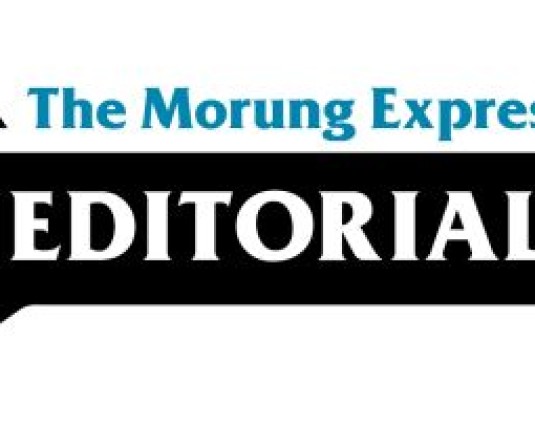
By Akangjungla
For decades, Nagaland has lived under the Nagaland Liquor Total Prohibition (NLTP) Act, 1989. It was enacted with the noblest of intentions, to protect people from the harms of alcohol, to save families from ruin, and to uphold a moral standard. Nevertheless, today, this well-intentioned law stands at the centre of a fierce and complex debate. The state is deeply divided on whether to continue with a dry law or to embrace regulated legalisation.
The Church remains the strongest pillar supporting the NLTP Act. For church leaders, this is not just a legal issue but also a moral and spiritual one. They argue that alcohol is a root cause of social evils, domestic violence, broken families, and wasted incomes. They see the Act as a protective shield for the youth and a testament to the state’s Christian values. For them, repealing the Act would be a moral failure, a surrender to vice that would lead to a decline in the social and spiritual health of the Naga people.
Civil society groups present a more fractured picture. Many women’s groups and community organisations echo the church’s concerns, fearing an increase in alcohol-fueled violence and social disorder. However, a growing number of voices, including youth and rights activists, point to the Act’s dramatic failures. They argue that prohibition has not stopped drinking but has instead driven it underground. This has created a thriving black market, where spurious and dangerous illicit liquor is sold without any quality control, leading to deaths and health crises. They highlight the rise of corruption, as bootlegging flourishes under the noses of authorities.
The business community is largely in favour of regulating alcohol rather than prohibiting it. Their argument is straightforward, economics. They point to the massive loss of potential revenue for the state. Instead of money flowing to bootleggers and neighbouring states, legalising and taxing liquor could fill the government’s empty coffers. The tourism and hospitality industry also suffers, as the dry law discourages tourists and makes Nagaland a less attractive destination.
The government seems to be caught in the middle, trying to balance public morality with practical governance. It recognises the powerful moral argument of the church. At the same time, it cannot ignore the grim reality, the failure of enforcement, the health hazards of spurious liquor, and the lure of much-needed tax revenue. Perhaps, the government is looking for a middle path, but it fears the political backlash.
It is clear that the existing state of affairs is not working. Prohibition has created more problems than it has solved. The choice is no longer between a dry state and a free-for-all. The realistic choice is between an unregulated, dangerous black market and a strictly controlled, legal market.
It is time for a sober and compassionate rethink. The government must initiate a genuine public conversation, not a polarised debate. A potential solution could be a tightly regulated system with strict licensing, high taxation, a ban on advertising, and healthy public health campaigns about responsible drinking and addiction support. The additional revenue must be pledged specifically to healthcare, education, and rehabilitation centres. The NLTP Act was born from a desire to protect society. However, true protection means safeguarding people from the dangers of poisonous illicit liquor, from the corruption of the black market, and from the loss of vital public services. It is time to replace a failed law with a responsible policy that deals with the world as it is, not as we wish it to be.
Comments can be sent to akangjungla@gmail.com





